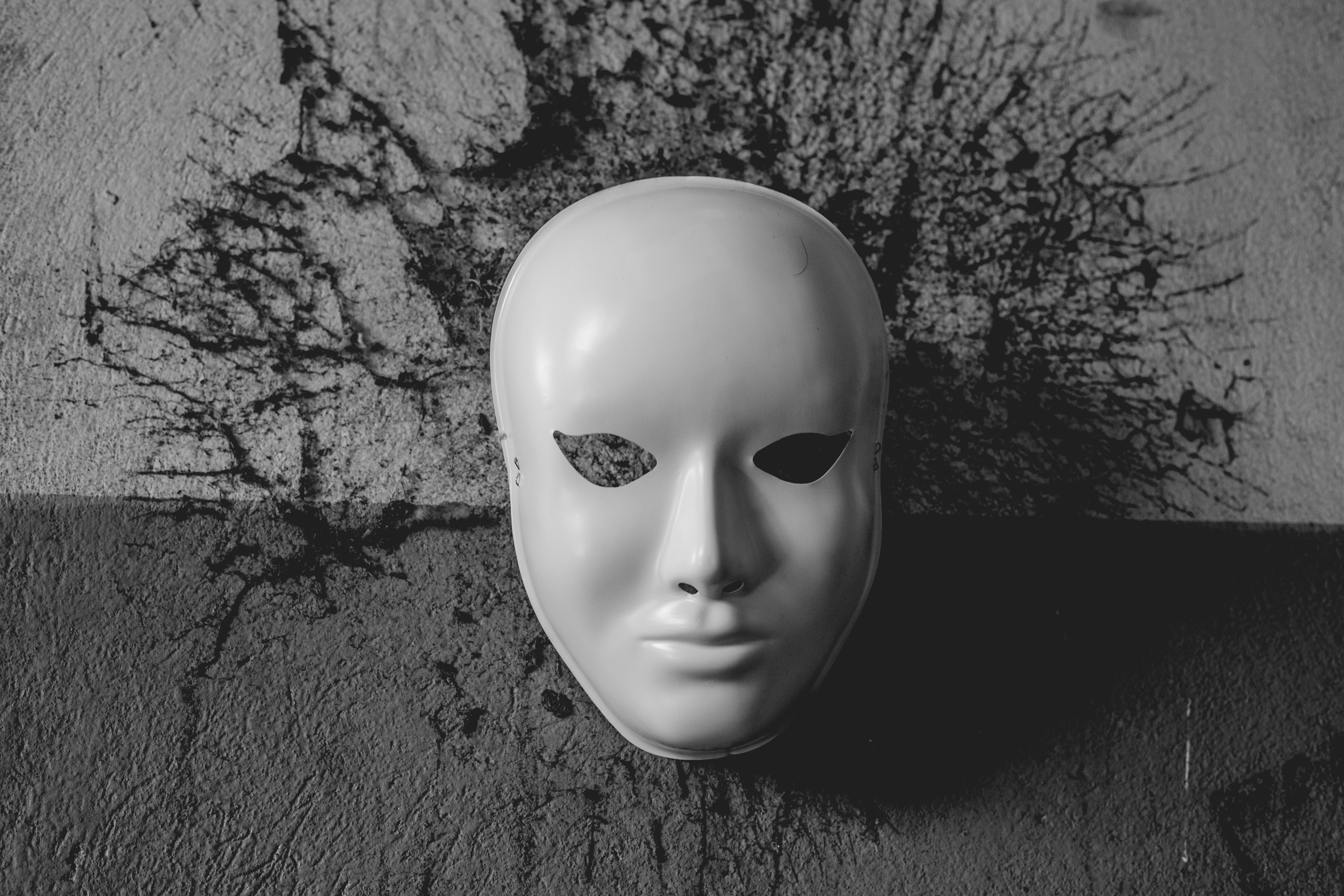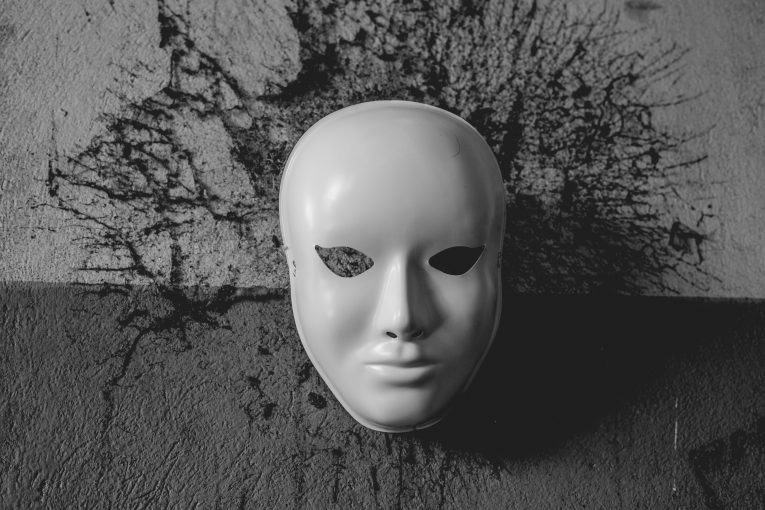

by Ray Sanchez, Jr.
How do I begin to tell you what I have gone through, who I have become? I mean, saying that I got life in prison does not even begin to break down the emotional rollercoaster that I was forced to go through. I can tell you this much: At first, there is always fear and humiliation. You are spooked of the unknown; scared to death of being rejected, isolated, and targeted. This is why gangs are so prevalent in prison. Everyone wants to be accepted, to feel as if they belong, even if that acceptance comes from killers and dope fiends.
Stepping off the transport bus was an education in conflicting sensations. My throat was tight but my bowels were loose; my face was flushed with heat but I felt fear floating in my chest like an iceberg. My walk up the hill to the cell blocks from San Quentin’s Receiving and Release cages forced me to hide the weakness I felt in my legs behind a strongly clenched jaw and stony visage. The sun was bright and a slight breeze, pregnant with the salty scent of the San Francisco Bay, carried the cries of seagulls to us. A pleasant day that was a perfect juxtaposition to our unpleasant march uphill. Reaching  the heavy steel doors of South Block, we crossed the threshold into a cavernous, gloomy interior. After the sunshine of outside, the murky fluorescent lighting felt oppressive. Even the saline scent of the bay was crushed beneath a miasma of humanity and despair. The group I was with were lined up and subjected to a strip search where we were inspected like cattle. The concrete floor was cold against my bare feet and seemed to emphasize the frosty disinterest of the correctional officers who peeled away our dignity with each piece of clothing. I remember creating a box within my mind where I stuffed my modesty and shame. I compartmentalized my psyche, willing myself to go through this experience without allowing it to touch and break my more sensitive nature. I could hear someone else down the line failing to do the same. They quietly sobbed, letting the painful reality of what was happening drip from them in small whimpers and sniffles. I refused to look, to see who had broken down for fear that I might find some similarity between us. I decided, right then and there, to not be that man.
the heavy steel doors of South Block, we crossed the threshold into a cavernous, gloomy interior. After the sunshine of outside, the murky fluorescent lighting felt oppressive. Even the saline scent of the bay was crushed beneath a miasma of humanity and despair. The group I was with were lined up and subjected to a strip search where we were inspected like cattle. The concrete floor was cold against my bare feet and seemed to emphasize the frosty disinterest of the correctional officers who peeled away our dignity with each piece of clothing. I remember creating a box within my mind where I stuffed my modesty and shame. I compartmentalized my psyche, willing myself to go through this experience without allowing it to touch and break my more sensitive nature. I could hear someone else down the line failing to do the same. They quietly sobbed, letting the painful reality of what was happening drip from them in small whimpers and sniffles. I refused to look, to see who had broken down for fear that I might find some similarity between us. I decided, right then and there, to not be that man.
We were clothed in prison blues that were either too tight or too loose, and were little more than rags. Then, we were marched past a wasp nest of cells embedded in the wall to our left. They spanned a length of fifty cells in a four hundred foot row, were stacked five tiers high, and buzzed angrily with the occupants that called out to us in a cacophony of jeering hostility. It made me feel as if I was part of a buffet being put on display before a starving horde, and I saw how the shadowed faces within the cells reacted at seeing the fear of the man who had been crying earlier. I knew that I had two options: I could appear weak and risk becoming victimized, or I could act harder than I felt, appear to not give a damn, and pray that someone respected how I carried myself enough to show up and vouch for me. Until such time, my mask of fearless aggression would have to remain intact, regardless of how mind-numbingly terrified I might be from thinking of all those prison movies where some new booty gets raped, or shanked on the yard. Prison wasn’t like that anymore by the time I arrived for my first term, but I didn’t know that, and my imagination ran wild with what could happen. So, my mask remained firmly in place. It stayed there for so long that it became hard for me to distinguish who I was anymore.
Some of the hardest OG’s I have come to know now tell me that they felt that same fear, that same need to hide behind an aggressive façade. However, they had a right to that fear because prison was like that in the 1980’s and early 90’s. The values and culture of prisoners changed slightly before I arrived, allowing the majority of us new arrivals to make it to the relative safety of the gangs without being molested, but the reputation of violence still stained the mind of every newcomer. Those initial worries soon pass, as it did for me. I quickly began to adjust and develop a routine that enabled one day to melt into another, until time began to slip by unnoticed. I never thought about my future, not with a 24-years-to-life sentence weighing me down. To think of my future was to think of what the prisons of tomorrow might be like, and I did not want to think of prison any more than I had to. And so, I thought of nothing.
I did not think of my lady with another man, nor the coppery taste of jealousy from picturing her finding comfort in someone else’s bed. I did not think of my daughter growing up without a father to teach her to be wary of little boys who would try to break her heart. I refused to allow the birth of a bright, stabbing headache that would come from holding back the tears at the thought of someone else raising her. I denied the impotent rage that would breed within my heart if I considered the emotions my mother had to endure as a result of my father finally losing his struggle with cancer. I became proficient at ignoring that which would cause me pain. I fell in love with apathy, and let detachment from society comfort me.
The deliberate indifference I developed towards my emotions allowed me to find some comedy in my situation, and enjoy a grim sense of gallows humor with other convicts as we whistled past the proverbial graveyard. I began to find peace of mind by not caring that I, essentially, lived in a bathroom with another man. My cell was an eight by twelve foot womb of concrete and steel where bitterness gestated. My home contained two sheet metal bunks, a desk and stool made of the same material, and a combination stainless steel sink and toilet that provided only two flushes every five-minute period.
Outside of the cell, life was a distorted reflection of the gang life that I had been a part of in the streets. People grouped together to find safety with those they shared commonality with, reverting to primitive tribalism by claiming parts of the yard like they were treasured hunting grounds. We had unique cultures that were expressed in the ways we talked, the words we used, how we wore our clothes, the laws we used to govern ourselves, and the creation myths of how our individual gangs came to be. All this came together to form group identities that were as unique as they were varied. I found comfort in this, as did many other convicts because so long as there were people who were different from us there were people on whom we could lay the blame for most of our problems. It became easy to view the power or influences another group had and believe that our lives would be better if we could only take it for ourselves. Nothing lifts a broken man up so much as being able to pull someone else down.
The gang warfare that resulted from these groups and their overt ambitions, as well as their hidden agendas, was sudden, brutal, and terrifyingly efficient at creating monsters out of men. I had come into the prison system a scared youth, unsure and unassuming, and put on the sociopathic mental armor necessary to endure prison’s hardships. I became so accustomed to the meager comforts and possessions I was allowed that I became willing to defend what little I had with resounding violence. My life had changed, and I was forced to change with it.
Would the person I was when I first came to prison even be able to recognize the man I have been forced to become, or would he simply stare, horrified at the myriad of tattoos and scars that now cover my body like the contoured roadmap of a hard life? Would my younger self feel that there is something sad about a man who no longer flinches, or feels embarrassed about the strip searches that he is forced to undergo for the sake of “prison security”?
I cannot answer for I no longer know anymore, having worn this mask too long to be able to take it off, too afraid at what I might find if I looked underneath it.
Republished from “Perspectives from the Cell Block: An Anthology of Prisoner Writings” – edited by Joan Parkin in collaboration with incarcerated people from Mule Creek State Prison.

